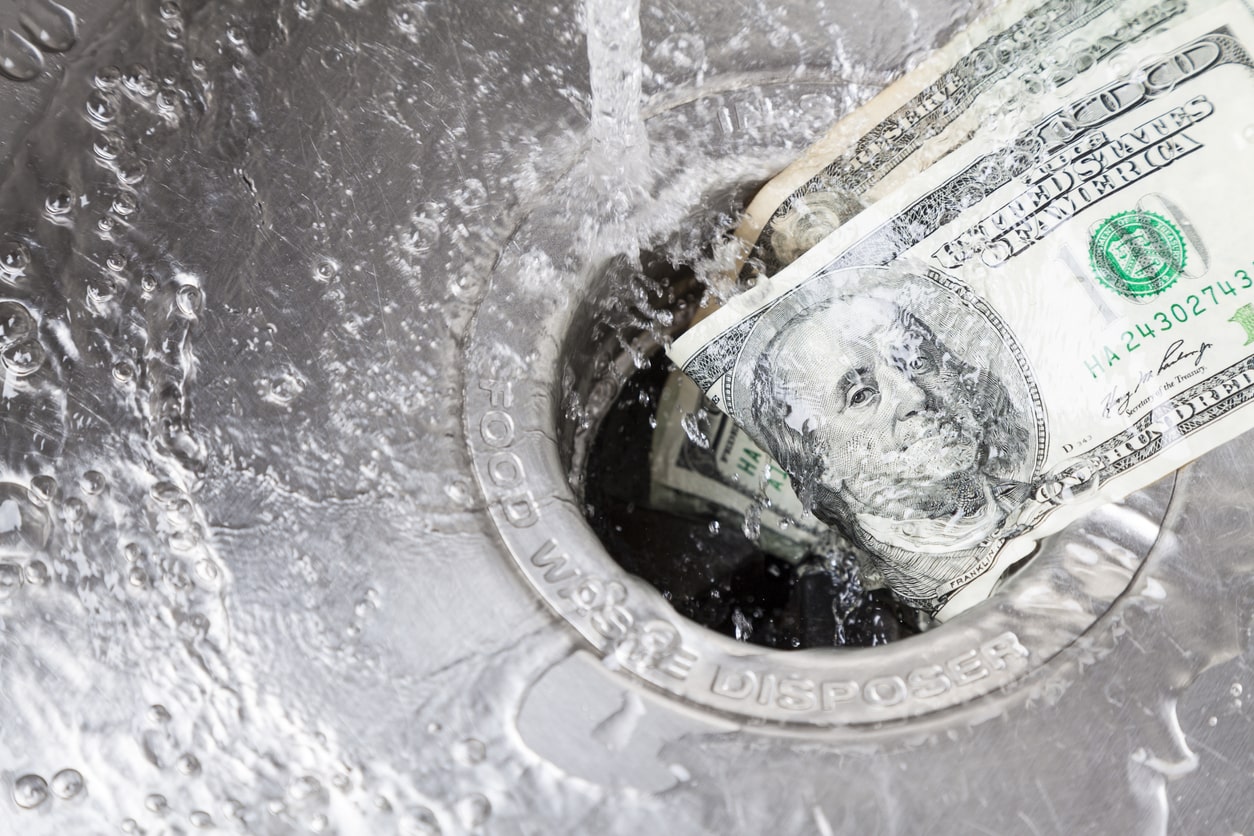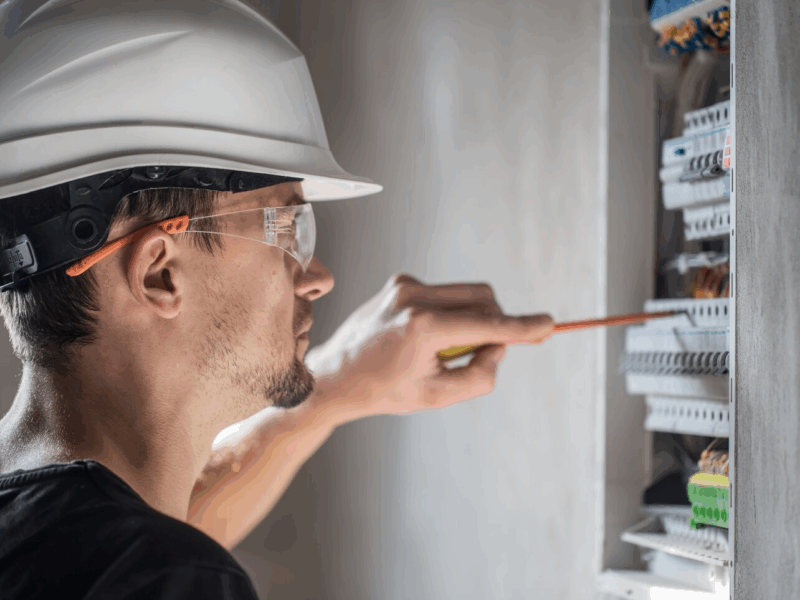Paying for water to keep a lawn green can get really expensive—especially when it’s hot out and sprinklers are running all the time. A lot of homeowners don’t realize that there’s another option besides using city water. If the yard needs a lot of watering or the water bill just keeps going up, installing a private well might actually be a smarter move.
Not every yard needs one, but for people who use a lot of outdoor water, it can make a big difference. Here’s what a backyard well is, how it works, and why it might help save money over time.
Why Outdoor Water Use Costs So Much
Watering grass might seem simple, but lawns actually take a lot of water to stay green and healthy. If sprinklers are running every day or every few days, that adds up fast—especially during dry months.
Most homes use water from the city or county, and that means every drop is measured and charged. Some places even charge more the more water someone uses. That means if the family uses a ton of water inside the house and outside on the yard, those bills can spike.
This is where a private well can come in handy. Instead of using water from the city system, a well pulls water from the ground, which doesn’t have a monthly cost for the water itself.
What a Well System Actually Is
A well system sounds fancy, but it’s just a setup that pulls water from underground and sends it to where it’s needed. It usually includes a pipe drilled down into the ground, a pump, and sometimes a tank to hold the water before it’s used. The water gets pulled up, filtered, and then pushed out to sprinklers or garden hoses.
In some areas, the water is already pretty clean and doesn’t need much filtering. In other places, it might need a little extra care. But either way, the water comes from the ground on the property—not from a city water supply.
If someone is looking into well drilling service options, it’s a good idea to check local rules first. Some areas have limits or rules about how deep wells can be or where they can go. But in many cases, it’s totally possible to add one to a yard.
The Benefits Go Way Beyond Just Saving Money
The biggest reason people think about adding a well is to stop paying high water bills. But that’s not the only benefit. When a home has its own well, it also means:
- More control over water use: Since the water isn’t being billed per gallon, it’s easier to water more often or for longer when the grass needs it.
- Independence from city limits: If the city issues watering restrictions during a drought, private well owners might not be affected in the same way (depending on local rules).
- Fewer surprises: With city water, bills can jump unexpectedly. With a well, the cost is mostly upfront—installing it and maintaining it—but the water itself is free after that.
- Good for long-term planning: If someone plans to stay in their home for a long time, the savings really add up. And it can even add value to the property.
How Installation Works
Getting a well set up isn’t something most people do on their own. A professional service will usually come out, test the ground, figure out where the water is, and then drill a hole deep enough to reach it. The pump and any filters get added afterward.
The process can take a few days to a couple of weeks, depending on how deep they need to go and what equipment is needed. But once it’s done, the system usually runs automatically. Many homeowners don’t even think about it—it just works in the background.
There’s some basic maintenance involved, like checking the pump or making sure nothing’s clogged, but it’s usually not hard to manage.
Things to Think About Before Getting a Well
Not every yard is a perfect match for a well. It depends on what the ground is like, how deep the water is, and what the local laws say. A professional can test the soil and give a clear answer on whether it’s a good spot for drilling.
Also, even though the water is free, there’s still a cost to install the system. That means it might not be worth it if someone only uses a little water. But for big lawns, gardens, or houses with heavy sprinkler use, it’s often worth the investment.
It’s also smart to talk to a local expert to understand what kind of pump is best, how strong it needs to be, and what kind of maintenance is needed based on the area.
Why It Might Be Worth Looking Into
For homeowners who are tired of paying too much just to water the lawn, a private well is something worth thinking about. It gives more freedom, saves money over time, and can help keep the grass and plants healthy without stressing over the water bill.
Even better, it puts the homeowner in control of how much water is used and when. No more guessing if the sprinklers are running too long or if they’ll cause a huge bill next month. Just steady water, when it’s needed, with no surprises.
So if the water bill keeps going up and the yard needs regular watering, this might be the time to see if a well is a good fit.


